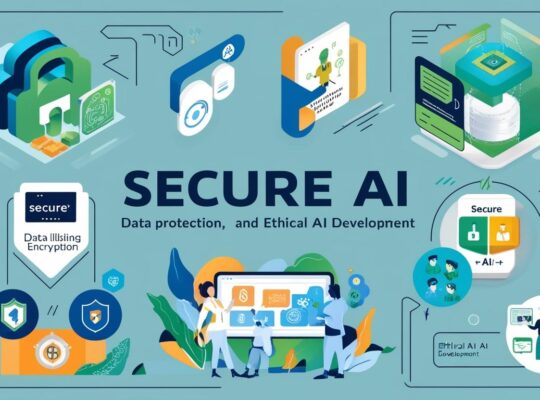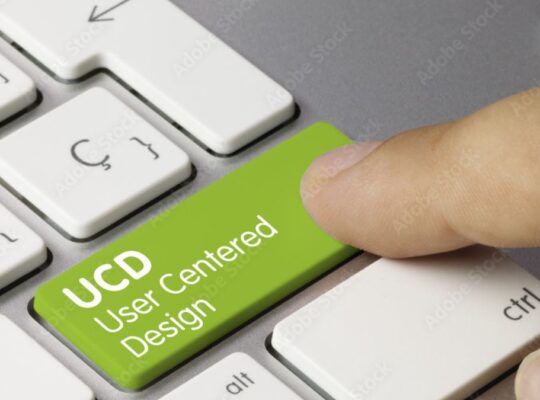In today’s rapidly evolving business landscape, digital transformation has become more than just a buzzword; it’s a fundamental necessity. As a management consultant with over two decades of experience working with entrepreneurs across diverse industries, including Realty, SaaS, Telecom, Entertainment, Hospitality, Pharma, Retail, Media, Education, Recycling, Agro, I’ve witnessed firsthand the transformative power of digital technologies. But embarking on the digital journey can be a daunting task without a structured approach. In this article, we’ll explore the importance of digital transformation frameworks and offer insights into choosing the right path for your business.
The Digital Imperative
The digital age has ushered in a new era of business operations. Whether you’re a real estate developer, a SaaS provider, a pharmaceutical company, or an agribusiness, the integration of digital technologies is no longer a choice but a requirement for staying competitive. It enables you to enhance customer experiences, streamline operations, improve decision-making, and drive innovation.
The Need for Frameworks
Digital transformation isn’t a one-size-fits-all process. The right approach for your business depends on various factors, including your industry, current digital maturity, and specific goals. This is where digital transformation frameworks come into play. They provide a structured methodology to navigate the complexities of transformation and ensure alignment with your strategic objectives.
The Digital Transformation Framework Landscape
- The McKinsey 7S Framework: This framework focuses on seven key elements of an organization – strategy, structure, systems, shared values, skills, style, and staff. It emphasizes the interplay between these elements and the need for holistic change.
- Kotter’s 8-Step Change Model: Developed by John P. Kotter, this model offers a structured approach to leading change within an organization. It emphasizes creating a sense of urgency, building a guiding coalition, and ensuring short-term wins, among other steps.
- The ADKAR Model: Prosci’s ADKAR model focuses on individual change. It stands for Awareness, Desire, Knowledge, Ability, and Reinforcement, and it helps organizations address the human side of change, an often underestimated aspect.
- TOGAF (The Open Group Architecture Framework): TOGAF is an enterprise architecture methodology and framework used globally to improve business efficiency. It’s especially relevant for businesses looking to integrate IT architecture seamlessly.
- Agile and DevOps: These methodologies are critical for companies in industries like SaaS and Telecom, where software development and rapid iterations are key to success.
- Industry-Specific Frameworks: Many industries have their own digital transformation frameworks tailored to their unique challenges and opportunities.
Choosing the Right Framework
Selecting the appropriate framework is crucial. Consider the following steps:
- Assess Your Business: Understand your current digital maturity and the specific challenges in your industry. This knowledge will help you align the framework with your needs.
- Set Clear Objectives: Define what you aim to achieve with digital transformation. Are you looking to improve customer experiences, streamline operations, or enter new markets?
- Consult with Experts: Engage with experienced consultants who understand the nuances of your industry. They can provide valuable insights and recommendations.
- Flexibility is Key: While a framework provides structure, be prepared to adapt. Each business is unique, and a one-size-fits-all approach rarely works.
- Phased Approach: Consider breaking the transformation into manageable phases. This allows you to learn from each phase and adjust your approach accordingly.
- Measure and Adapt: Implement robust KPIs to measure the impact of your transformation. Use the data to continuously adapt your strategy.
Conclusion
As a seasoned management consultant, I’ve seen businesses in the realty, SaaS, telecom, entertainment, hospitality, pharma, retail, media, education, recycling, and agro industries thrive through effective digital transformations. The choice of the right framework is pivotal to success. It’s not a decision to be taken lightly, and seeking expert guidance is often the wisest course of action.
In the digital age, transformation isn’t just about technology; it’s about evolving your business to meet the demands of a new era. With the right framework, you can embark on this journey with confidence, ensuring that your business remains agile, innovative, and competitive in an ever-changing landscape.







